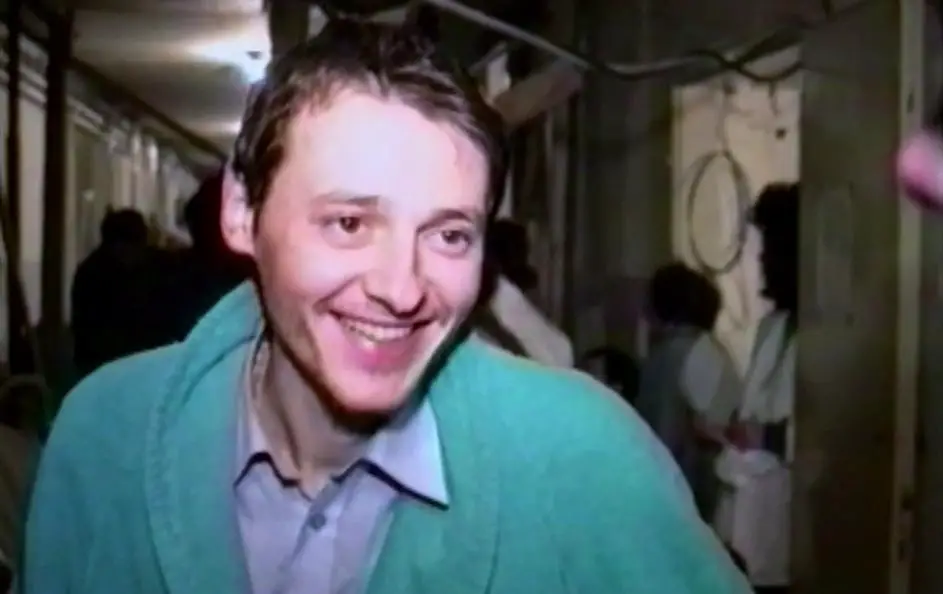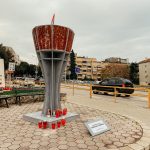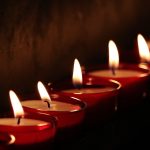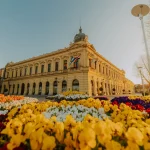November 17, 2023 – The 18th of November is around the corner. The day that inspires the most twisted mix of feelings in many of Vukovar’s residents. Sadness at the base. Heartbreak, nostalgia, frustration, gratitude. Hope. All of Croatia comes together to commemorate the sacrifice of Vukovar for its homeland. Remembering those who gave their lives to defend our home almost feels like a new experience every time. Reading their names is one dimension; reading the years is an entirely different one. One more painful than the other. A different story stands out every year. This time, we will take a moment to share the legacy of one of the youngest foreign volunteers, Jean-Michel Nicolier.
On the 18th of November 1991, Vukovar fell into the hands of the occupying forces. Our families, neighbours, friends, all those who spent three months locked away in underground shelters, were let out and sent on their way towards Zagreb, Belgrade, Novi Sad, who knows. Some of them were lucky enough to reunite with their loved ones, but many of them learned that their loved ones were gone or couldn’t find them anymore. All of them had to say goodbye to their city. November 18, 19, and 20 were days when many families of the volunteers who came to fight for Vukovar received the worst kind of news. Or the only thing even worse than that – no news at all.
Jean-Michel Nicolier, “the Frenchman,” was born in Vesoul, France, in July 1966. In July 1991, at barely 25 years of age, he travelled to Zagreb to fight for Croatia. He had seen the news of war on TV and decided that he wanted to help. I want to help these people; they need me. I must go, but I’ll be back. You know I’m a wild grass that never goes away. Those were Jean-Michel’s words to his mother, who begged him not to go. He was mobilised into a HOS unit and spent two months fighting at Duga Resa. In September, he was among the last groups of volunteers to arrive in Vukovar. He fought in the Sajmište area, where the battle was extremely difficult and constant. On the 9th of November, he was wounded and had to remain hospitalised.
In the hospital, he was interviewed by a French TV crew, and this is how Jean-Michel Nicolier described his days in Vukovar: “I’ve lost too many friends, I’ve seen too many people cry too much suffering. I have been advised several times to leave Vukovar and return to France, but I stayed. We lost. I knew it would be difficult, but I didn’t think it would be this terrible, especially for civilians. I came to Vukovar as a volunteer. It’s my choice, for better or for worse.
Journalist: Why as a volunteer? – Because I think they need help. That’s why I chose their side.
Journalist: What does Vukovar mean for you? – A slaughterhouse. A slaughterhouse. Slaughterhouse.”
Nine days later, Jean-Michel Nicolier, the Frenchman, was taken to the Ovčara concentration camp, along with many other volunteers and civilians from the Vukovar hospital. According to Dragutin Berghofer Beli, he stood up even when his name was called at the camp, where he suffered torture. On the night of the 21st of October, he was murdered by Spasoje Petković, nicknamed Štuka, who then proceeded to rob him of his last 20 Francs. The murderer himself confessed to this at the Belgrade War Crimes Court. Claiming that he was a frightened soldier who feared for his life, Petković went from being the defendant to a penitent witness, earning a privileged status, freedom, and the position of a protected witness, which guarantees that he will never be extradited to Croatia.
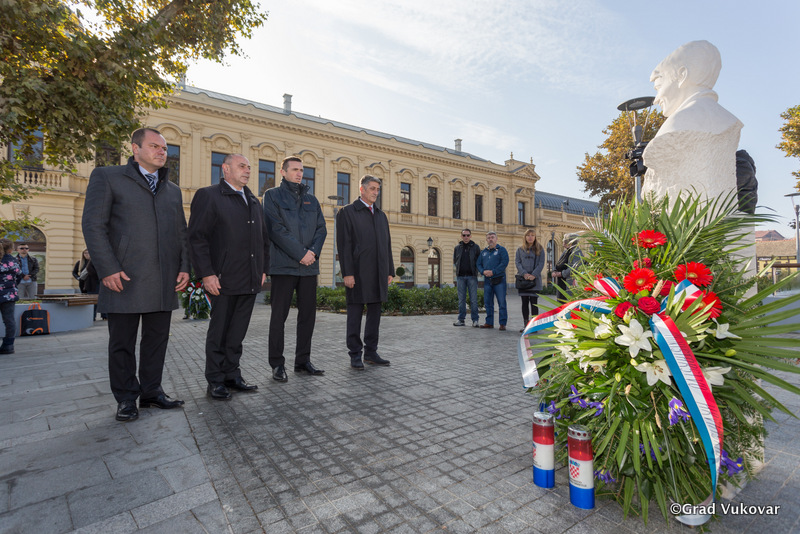
Grad Vukovar
Jean-Michel Nicolier’s body is yet to be found. It is possible that he was buried in one of the ditches of the Ovčara mass grave which were moved, or that he ended up in the Danube, but there has been no evidence to confirm either. His family still visits Vukovar, his mother and brother have been in several interviews, and his mother has written letters to Jean-Michel, and about him to the Croatian Government.
Not many knew a lot about Jean-Michel until Višnja Starešina’s documentary film on Siniša Glavašević, Zaustavljeni Glas, came out in 2010. In 2011, the NGO Veterans’ Association, Dr. Ante Starčević from Tovarnik, led by Antun Ivanković, took a particular interest in Jean-Michel, his life, and his story. They contacted his family, wrote about him to the president’s office, and eventually ensured his name was listed among the volunteers. Jean-Michel was posthumously awarded the Vukovar-Syrmia County Tribute for love, loyalty, and bravery in the Croatian War of Independence. In 2012 Nevenka Nekić published the book Jean ili miris smrti (Jean, or the Smell of Death). In 2014, the renovated main pedestrian bridge in Vukovar city centre was named after Jean-Michel, and in 2015 his bust was installed next to the bridge. May Jean-Michel rest in peace.
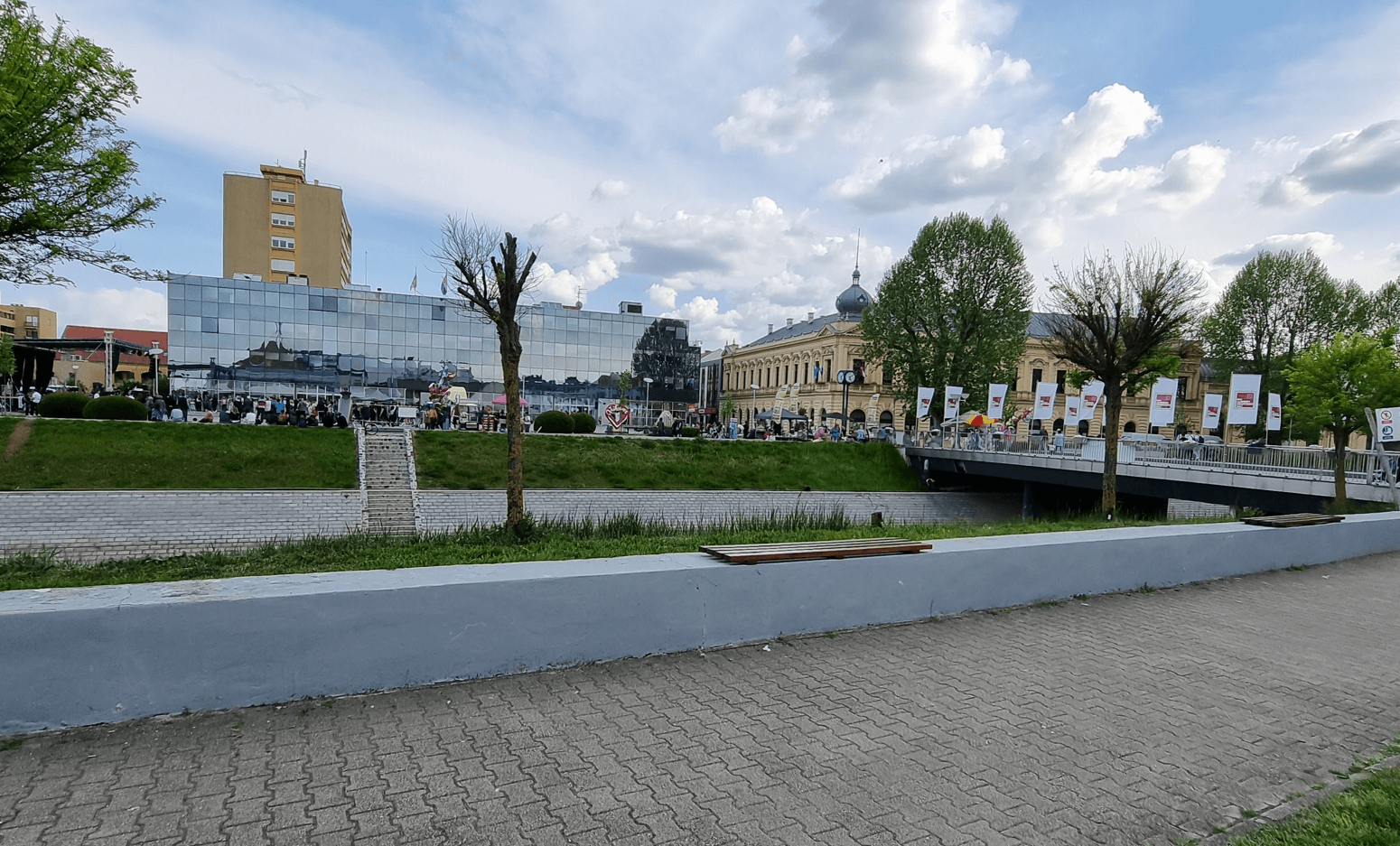
View of the Jean-Michel Nicolier bridge (right)
For more, make sure to check out our dedicated Lifestyle section.

